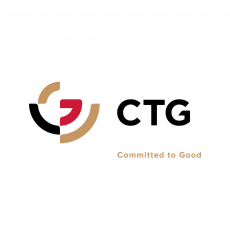UNICEF continues to support the delivery of essential healthcare services at the primary, secondary and tertiary levels across all 34 provinces through 2,389 static health facilities. Of these, 743 health facilities in 10 provinces have been supported with high - impact interventions focused on the prevention of neonatal sepsis, and birth control. Procurement, distribution, and capacity building of healthcare workers on the use of high-impact, lifesaving maternal and newborn supplies are key areas of UNICEF intervention's support. UNICEF has procured supply items across 75 + high - impact MNCH supply categories, ranging from medical equipment such as radiant warmers, suction machines, and incubators to innovative devices like transcutaneous bilirubinometers and anti-shock garments. In 2024, MNCH supplies were procured and distributed across health facilities in four lots. In 2025, from funding from IFI and other sources, UNICEF plans to procure high - impact items for all 34 provinces. Tracking the use of these products and maintaining real-time inventory is crucial, give the large number of supply items, specialized equipment, and innovative products being introduced. Therefore, the health section requires the services of a supply assistant/extender.
Objective:
Extenders are expected to carry out a range of duties, as outlined below to support monitoring functions, demand generation, accountability to affected population mechanisms, technical facilitation, and program implementation.
Those duties, which are described in detail below, do not include programmatic nor financial authority. Extenders are identified among Afghani citizens with specific expertise and a thorough knowledge of the territory in which they operate, based on their residency and/or work experience.
Key duties and responsibilities:
1. Inventory Management
-
Tracking the distribution and use of 175+ high - impact MNCH supplies (medical equipment, neonatal devices, etc.) across health facilities
-
Develop and maintain an end-to-end supply inventory and database on a real-time basis (both UNICEF and SP procured supplies) up to the facility level for the MNCH HIVA and Community Health Supplies, with weekly status update share with the program managers.
2. Real Time Data Reporting
3. Capacity Building
4. Collaborate with Stakeholders
-
Coordinating with UNICEF's ACO, Zonal UNICEF Offices, supply chain, logistics teams, health extenders, warehouse managers, and local partners to streamline the procurement and distribution process.
5. Conduct need-based physical inventory counts in the warehouse in consultation with program managers and supply colleagues for MNCH Supplies.
6. Produce updates/ report on MNH HIVA supply related issues from the field.
7. Any other task assigned by the supervisor as per the section requirement.




